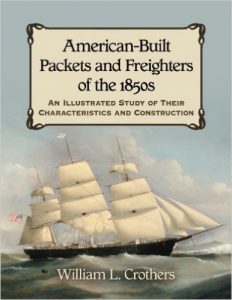With the dwindling days of summer vacation and the promise of back-to-school sales and homework assignments on the horizon, families all over the United States will head to South Florida in droves for last-minute summer getaways. The area has plenty to offer that attracts millions of tourists every year from the famed beauty and history of the Florida Keys to the opportunity to observe wildlife in the Everglades. Many families, however, will head straight to PortMiami, the cruise capital of the world, to board one of many cruise lines that frequent the area.
PortMiami saw 7.3 million people pass through it in 2023 as the cruise line industry continued to gain back its footing after the pandemic. With increased traffic to the area as this boon in the industry continues comes the rise in the possibility of injuries.
With a home base in Miami, Florida, Leesfield & Partners has had the unique opportunity of watching cruise ships compete with one another over the years to become “floating cities” and sea-bound theme parks. Today, more and more ships are equipped with winding slides, slippery water parks and onboard attractions that can sometimes lead to catastrophic injury when the right precautions are not taken. When the latter takes place, Leesfield & Partners has been there to support injured clients and grieving families. The extensive experience of Leesfield & Partners attorneys attained over its 48 years representing clients is to the benefit of an injured person seeking our legal counsel.
 Cruise Ship Lawyers Blog
Cruise Ship Lawyers Blog


 In the mid-nineteenth century, Congress passed the “Limitation Act” to induce capitalists to invest money in the maritime and shipping industries. The Act achieves this purpose by exempting allegedly innocent vessel owners from any liability beyond the value of their vessel, i.e. “the limitation fund.” In other words, where a vessel owner is not personally negligent, the full extent of his liability is the limitation fund. The Act applies to all kinds of vessels, including commercial boats, pleasure yachts, and even jet skis. Most commonly, the Limitation Act is invoked where a maritime accident is caused solely by the negligence of the vessel owner’s employee or agent. When faced with liability, a vessel owner may file a petition for protection under the Limitation Act, which must be filed in federal court.
In the mid-nineteenth century, Congress passed the “Limitation Act” to induce capitalists to invest money in the maritime and shipping industries. The Act achieves this purpose by exempting allegedly innocent vessel owners from any liability beyond the value of their vessel, i.e. “the limitation fund.” In other words, where a vessel owner is not personally negligent, the full extent of his liability is the limitation fund. The Act applies to all kinds of vessels, including commercial boats, pleasure yachts, and even jet skis. Most commonly, the Limitation Act is invoked where a maritime accident is caused solely by the negligence of the vessel owner’s employee or agent. When faced with liability, a vessel owner may file a petition for protection under the Limitation Act, which must be filed in federal court.